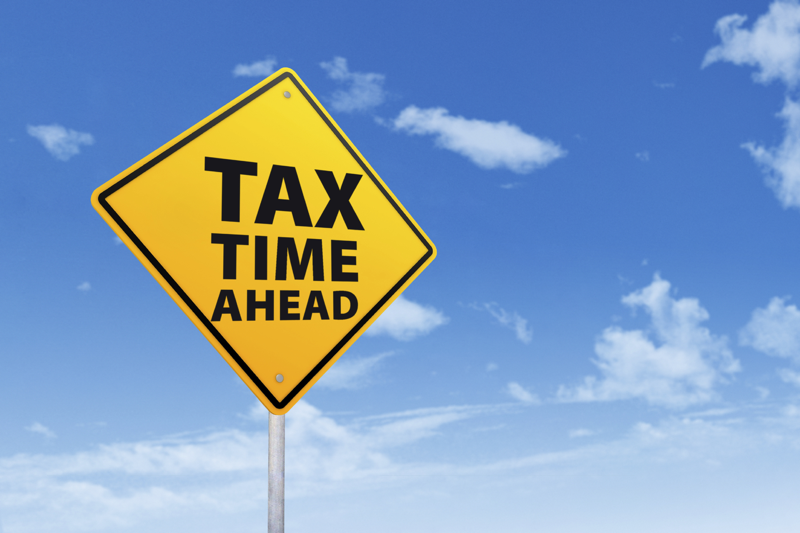It’s the start of a brand new financial year. And while there isn’t much more you can do to maximise your refund this time around, there’s a lot you can do to maximise the refund you get next time. questions to ask But what are the best ways to do it?
To help you out, we’ve come up with our Top 10 all-time tax tips. How many of these can you take advantage of?
10. Motor vehicle log books.
Keep these for a 12-week period that shows the normal travel pattern for your vehicles so you can claim the maximum possible tax deductions. And don’t forget there are exemptions for some commercial vehicles.
9. Claims under $300
Obviously you should claim all of your work-related expenses for the financial year. But don’t forget you can claim up to $300 of work-related expenses without needing receipts.
8. Correct investment structure
Whatever investment you have (business, property, shares, etc.) make sure you use the correct ownership structure (e.g. company, trust, partnership or individual names).
7. Small business asset write-offs up to $20,000
Between 12 May 2015 and 30 June 2017, any assets purchased by a small business (valued at up to $20,000 per item) can be immediately claimed as a tax deduction.
6. Capital building write-off
If you own a property you should consider getting a building depreciation and capital allowances report. In many cases you can amend tax returns already lodged and obtain a refund.
5. Allocated pensions for the over 60s
Superannuation funds and pensions can be tax free for people over 60. If you fit into this category you should take advantage of what can become a very tax-effective situation.
4. Transition to Retirement Income Streams (TRIS)
If you’re aged between 55 and 60 you should also consider the potential benefits of a TRIS.
3. Franking credits
Make sure the shares in your share portfolio pay dividends. Better still, see if they’re fully franked dividends, which are a great way to save tax—especially in superannuation funds.
2. Negative gearing
If you’re thinking about buying property, shares or other investments, make sure you find out:
- the correct level of gearing
- the most efficient finance and tax structure.
1. Maximising super
Superannuation contributions are still one of the most tax-effective investments available. And while there are plenty of rules and regulations to follow, some sound advice can simplify the process for you.
There you have it—our top ten tips on how to save on tax. Of course, if you’d like to talk about these or any other options you might have to maximise your tax return, get in touch with the team at KLM Accountants today.

